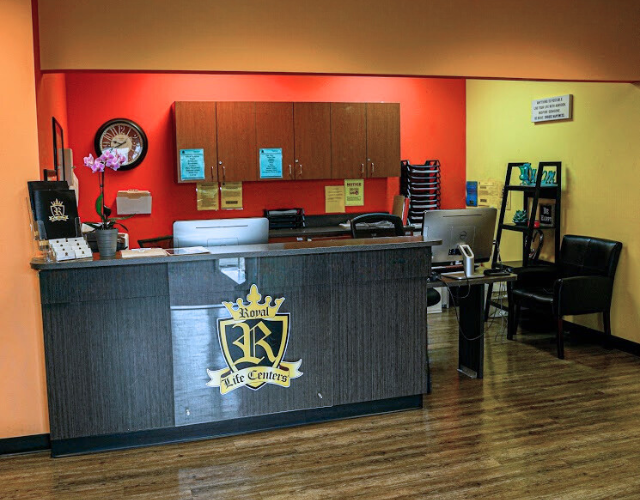Often, emotional and mental relapse precede a physical relapse; successfully identifying the warning signs early on may be enough to prevent a full relapse. Signs of an emotional relapse might include negative emotions and poor sleeping/eating habits, while mental relapse involves thoughts of using. It is critical that you are able to recognize common relapse warning signs in yourself and in others and have a relapse prevention plan in place, so you can seek help as soon as possible and prevent a relapse. You or someone you know could be on the verge of relapse if you find that you are experiencing or exhibiting any/all of the following.
Easily irritated.
If you’re finding that things are bothering you more than they should or normally would, this could be an early sign of relapse. Argumentative behavior and unreasonably angry reactions to insignificant happenings could also be a sign you need to revisit your relapse prevention plan.
Overconfidence in recovery.
Overconfidence is one of the most common relapse warning signs. You’ve been in recovery for some time, and you’re starting to think that you can handle this on your own. You can probably skip a meeting, you can check in with your sponsor next week…. Pushing back or ignoring regular recovery maintenance is not in your best interest and does not contribute to your relapse prevention plan. Recovery is not an easy process and not something you can succeed at without support.
Resigned to your recovery.
Just as overconfidence in recovery will not prove fruitful, nor will resignation or an attitude of complacency toward recovery. While complacency is not necessarily neglect, it puts someone overcoming a substance use disorder in a compromising position, as they are unmotivated to do anything more than what they are doing. The bare minimum can quickly disintegrate, leading to a relapse. Motivation to engage in your recovery is key to relapse prevention.
Revisiting old habits/people.
Thinking back on times when drugs and/or alcohol were involved is risky business, and spending time in places where/with people whom substances were involved is even riskier business. Make the effort to keep yourself from revisiting old habits, places, and people, literally and figuratively, to protect yourself from old triggers.
Isolation.
Cutting yourself off from family and friends could be a sign of impending relapse. In recovery, it’s important to maintain a sober support network. Even if you don’t want to disclose how you’re feeling/what’s making you want to stay home alone, reach out. Spending time with someone you trust and care about can help with feelings of isolation.
Loss of interest in what you enjoy.
If you find that you’re not interested in doing what you once enjoyed doing or seeing people you consistently enjoy being with, you should probably talk to someone. Loss of interest/withdrawing from what you like could lead to unhappiness, boredom, and restlessness, all of which can precede a relapse.
Allowing the “one more” mentality.
Particularly if you’re exhibiting other warning signs of relapse, you may have convinced yourself that “just one more” won’t send you into a downward spiral of use. But it will. In recovery, one more time can quickly become many more. If you believe otherwise and are considering giving into the cravings, it’s critical at this point that you reach out to a trusted love one or counselor for help.
Also, take care to remember that recovery looks different for everyone, and one person might exhibit all the warning signs and not relapse, while someone else may exhibit just one and relapse. Either way, it is important to be honest with yourself and others about what’s bothering you to keep yourself safe and keep your relapse prevention efforts strong.
Remember that a relapse does not mean failure. Substance use disorder is a disease, and 60% of people with one will relapse at some point in recovery, according to the National Institute on Drug Abuse (NIH). Sobriety is still attainable.
If you or someone you love has relapsed, please reach out to us for help and more information about our detox and residential programs. Our admissions staff is available at (877)-RECOVERY to answer any questions you may have.
- Is Kombucha Okay to Drink in Recovery? - May 29, 2019
- 10 Tips for Meditation in a Drug Rehabilitation Center - May 8, 2019
- How To Improve Blood Circulation in Medical Detox - April 5, 2019


















